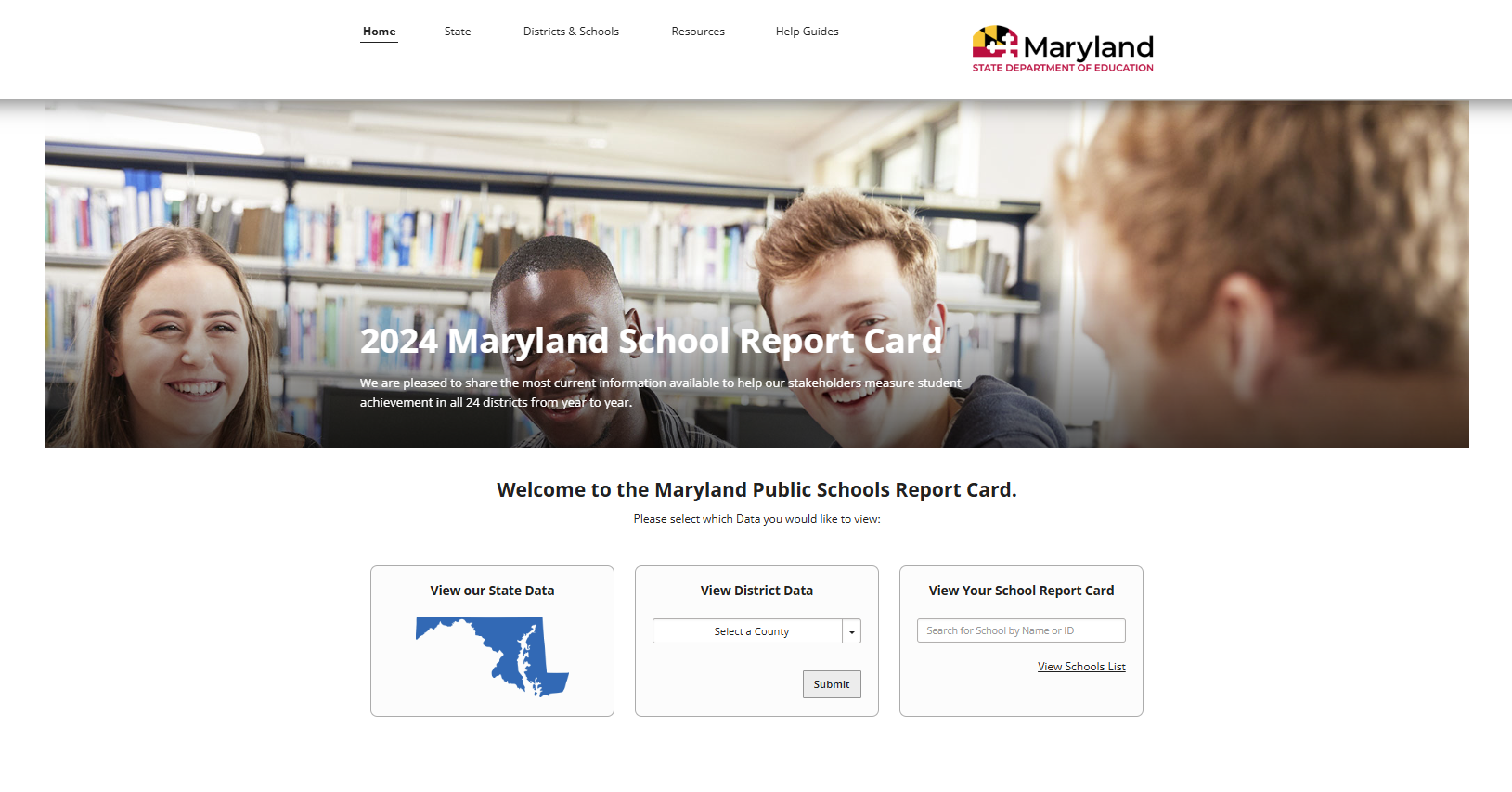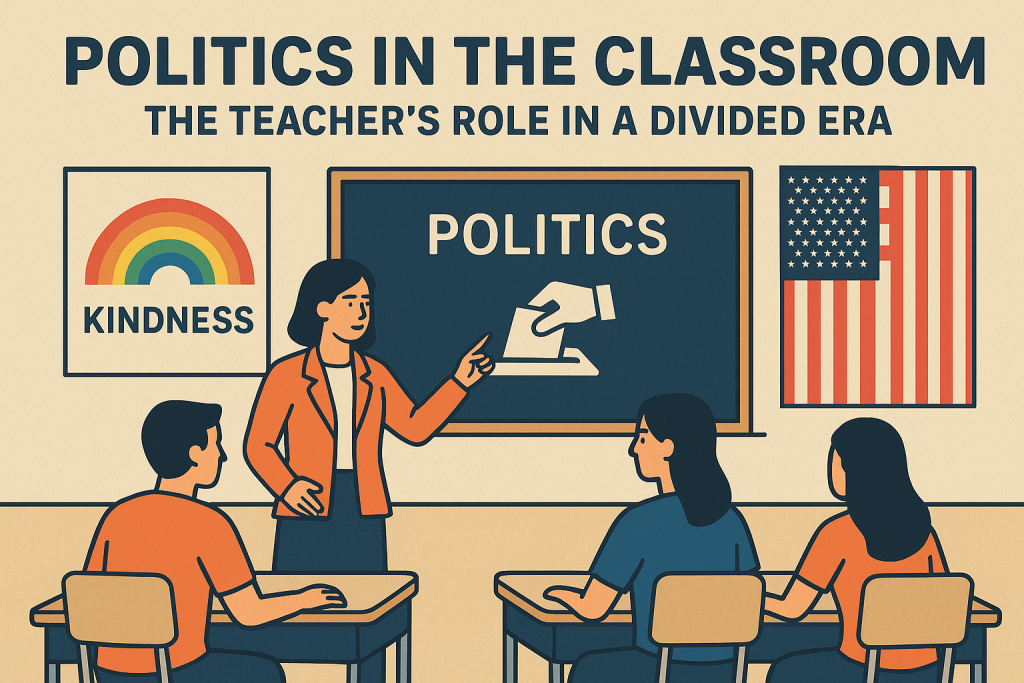

Are Maryland’s Star Ratings Misleading Parents About School Performance?
The Maryland State Department of Education recently released the 2023-24 Maryland School Report Card, showcasing the performance of public schools across the state. Schools are rated on a one-to-five-star scale based on factors such as academic achievement, attendance, graduation rates, and student and teacher surveys. However, the results present a curious disconnect between high star ratings and student proficiency in core subjects like math and English language arts (ELA).
This year, 91 Maryland schools achieved a five-star rating, an increase from 85 last year, and 446 schools earned four stars compared to 409 in 2023. In total, 83% of Maryland schools earned three stars or higher, suggesting overall positive performance. Yet, student testing data paints a starkly different picture: only 24% of students statewide are proficient in math, and just 48% are proficient in ELA. This discrepancy raises questions about the alignment between star ratings and actual academic achievement.
State Superintendent Dr. Carey Wright acknowledged the improvement but also emphasized the need for continued progress, saying, “We’ve still got a ways to go. I’m not going to say that we’ve achieved what we need to achieve.”
In Worcester County, nine out of eleven schools earned four-star ratings, and Ocean City Elementary School received a five-star rating. Superintendent Louis H. Taylor expressed pride in the district’s consistent success, crediting dedicated teachers and strong community support.
Baltimore County led the state with 20 five-star schools, up from 19 last year. Superintendent Myriam Rogers highlighted targeted resources and supports aimed at improving student achievement, which contributed to these gains. Yet, the county’s performance also reflects the statewide disconnect, with 19.3% proficiency in math and 41.9% in ELA—contrasting with its high number of three-star or better schools.
The state board and educators have expressed concerns about the current star rating system, particularly its perceived misalignment with student proficiency data. For example, in Baltimore City, where only 10.2% of students are proficient in math and 27.7% in ELA, nearly half of the schools still earned three stars or more.
Dr. Wright suggested that the rating system may need adjustments to more accurately reflect academic performance. A task force has been established to explore potential revisions, aiming to create a system that aligns better with both federal requirements and state priorities.
The Maryland School Report Card underscores a broader challenge in education: balancing positive indicators like attendance and school climate with the critical need for academic proficiency. Chronic absenteeism, which surged during the pandemic, remains a key factor in school ratings, accounting for 15% of a school’s score. Addressing absenteeism while improving proficiency in core subjects will be vital for future success.
The state also plans to overhaul its standardized testing system, the Maryland Comprehensive Assessment Program (MCAP), by 2026. The goal is to address concerns about the current test’s effectiveness and create assessments that better serve educators and students.
While the star ratings provide a snapshot of school performance, they should not be viewed in isolation. Parents, educators, and policymakers must consider the underlying data, including proficiency rates, attendance, and other key metrics, to gain a comprehensive understanding of school quality.
For districts like Worcester County that consistently perform well, the focus will be on sustaining excellence. For others, the challenge lies in bridging the gap between high ratings and low academic outcomes.
As Maryland moves forward, the education community will be watching closely to see how new accountability measures and testing systems impact student achievement and the state’s overall education landscape. The 2023-24 report card is a call to action to ensure that ratings not only reflect success but also drive meaningful improvements in student learning.
Dig Deeper With Our Longreads
Newsletter Sign up to get our best longform features, investigations, and thought-provoking essays, in your inbox every Sunday.
The MEN was founded by John Huber in the fall of 2020. It was founded to provide a platform for expert opinion and commentary on current issues that directly or indirectly affect education. All opinions are valued and accepted providing they are expressed in a professional manner. The Maryland Education Network consists of Blogs, Videos, and other interaction among the K-12 community.










